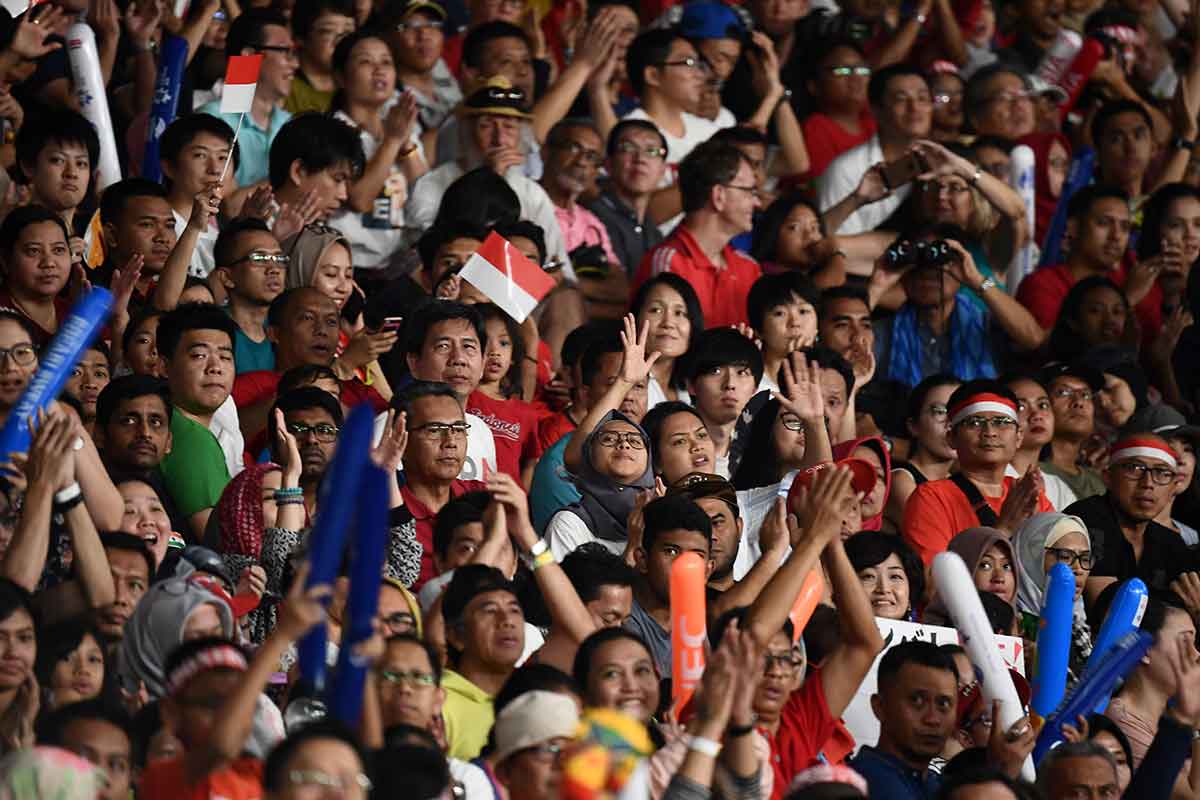The Association of Southeast Asian Nations (ASEAN) has come a long way economically and politically over the past 51 years. However, one dimension of ASEAN’s integration process has often been looked over – its social integration between the people of various nationalities in the region.
While dollars and cents are undoubtedly important, economic prosperity alone, won’t ensure ASEAN’s success. For ASEAN to be truly a triumphant feat of regional integration, its peoples need to be more integrated.
It isn’t as if ordinary ASEAN citizens aren’t interested in regional-level issues. Although there is still plenty of work to be done to improve ASEAN awareness, the younger generation is fast realising the organisation’s importance in their daily lives.
A survey of 2,170 respondents from universities around ASEAN found that 76.8 percent felt like they were indeed “ASEAN citizens.” 68.8 percent said that their country’s membership in ASEAN has personally benefited them. Besides that, 51.3 percent agreed that the issue of regional identity and solidarity was an important one to the Southeast Asian region.
The numbers – more than anything else – demonstrate the potential that ASEAN citizens feel the association has and that it shouldn’t just be consigned to the doldrums of history. Instead, it should be used as a force for good and to improve the lives of all its citizens.
For example, the ASEAN Smart Cities Network (ASCN) is one such initiative in which the human element is indispensable to its success. The ASCN relies heavily on knowledge transfer between partner cities – which in itself is a growing list. As more of Southeast Asia begins to urbanise, the sharing of data and knowhow between multiple smart cities can only run smoothly when it is done against a strong backbone of trust.
Civil society participation
Thematically, ASEAN values its people’s contribution as part of its attempt to be more “people-centric,” in line with the aspirations enshrined within the principles of the ASEAN Socio-Cultural Community (ASCC).
However, it has had a dismal track record in terms of negating civil society organisations (CSO) grassroot ideas when crafting regional frameworks and policies.

Source: Various
Much of this can be attributed to the sad reality that ASEAN lacks political will to provide useful space for CSO participation at a regional level. Because the quality of CSO engagement is down to the rotating chair of ASEAN, it differs from year to year hence, it lacks much needed trust and predictability in action.
For example, the 2016 ASEAN chair, Lao PDR refused to host the ASEAN People’s Forum (APF) – an annual forum for regional CSOs – in its country for fear of criticism from its authoritarian government. It is common practice for the APF to be held in the country of the current ASEAN chair but in 2016, it was held in Timor Leste instead.
A 2017 review of ASEAN’s engagement with CSOs concluded that “the level of commitment of ASEAN is perceived to be only on the level of rhetoric, and not as intentional, owing to the fact that enabling environments are not present to facilitate people participation.”
The disconnect between ASEAN policymakers and CSO involvement must be bridged for the association to continue to flourish.
The terminus a quo to fixing the gap between CSO engagement and ASEAN diplomats lies with the association engendering cooperation, because it is evident that CSOs are ready for their voices to be heard. On the other hand, civil societies must be mindful of ASEAN’s existing limitations and if need be, seek institutional reforms before rattling boardroom tables in Jakarta as they pursue their causes.
Starting at the grassroots level, from the development of social capital to the representation of the people’s interests via CSOs, ASEAN has much to benefit from engaging with these organisations. After all, in fostering a “people-centred” agenda, the association must demonstrate its commitment to incorporating the views of civil society in regional policymaking.
Former ASEAN Secretary General, Le Luong Minh when asked what his hopes and aspirations for ASEAN are, noted that “the human dimension of ASEAN cooperation and integration to enrich its people from all walks of life will become indispensable to the ASEAN project.”
“That is the essence of a truly people-oriented, people-centred community that ASEAN is striving to achieve.”
Related articles:
Industry 4.0 and a people-centric ASEAN
